MABN1806
Anti-TPP1 Antibody, clone 2E12
clone 2E12, from mouse
Synonym(s):
Tripeptidyl-peptidase 1, Cell growth-inhibiting gene 1 protein, Lysosomal pepstatin-insensitive protease, LPIC, Tripeptidyl aminopeptidase
About This Item
Recommended Products
biological source
mouse
Quality Level
antibody form
purified immunoglobulin
antibody product type
primary antibodies
clone
2E12, monoclonal
species reactivity
human
technique(s)
immunocytochemistry: suitable
immunohistochemistry: suitable (paraffin)
western blot: suitable
isotype
IgG2bκ
NCBI accession no.
UniProt accession no.
shipped in
ambient
target post-translational modification
unmodified
Gene Information
human ... TPP1(1200)
Related Categories
General description
Specificity
Immunogen
Application
Western Blotting Analysis: A 1:50 dilution from a representative lot detected TPP1 in CHO cells transfected with TPP1 and TPP1 mutant (Courtesy of Adam Golabek, Ph.D., New York State Institute for Basic Research in Developmental Disabilities, New York, USA).
Immunocytochemistry Analysis: A 1:50 dilution from a representative lot detected TPP1 in CHO cells expressing WT TPP1 (Courtesy of Adam Golabek, Ph.D., New York State Institute for Basic Research in Developmental Disabilities, New York, USA).
Neuroscience
Quality
Immunohistochemistry Analysis: A 1:5,000 dilution of this antibody detected TPP1 in human placenta tissue.
Target description
Physical form
Storage and Stability
Other Notes
Disclaimer
Not finding the right product?
Try our Product Selector Tool.
wgk_germany
WGK 1
Certificates of Analysis (COA)
Search for Certificates of Analysis (COA) by entering the products Lot/Batch Number. Lot and Batch Numbers can be found on a product’s label following the words ‘Lot’ or ‘Batch’.
Already Own This Product?
Find documentation for the products that you have recently purchased in the Document Library.
Our team of scientists has experience in all areas of research including Life Science, Material Science, Chemical Synthesis, Chromatography, Analytical and many others.
Contact Technical Service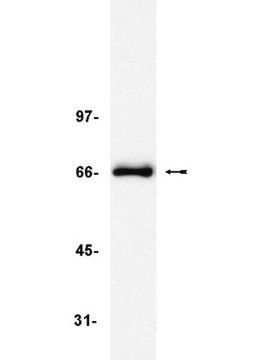
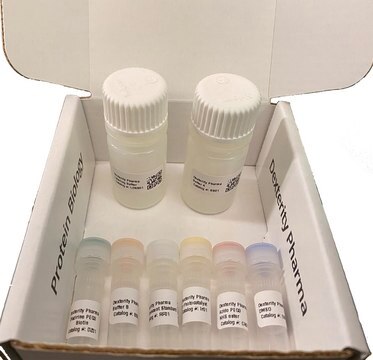
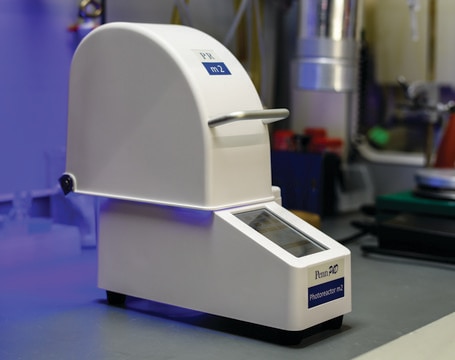
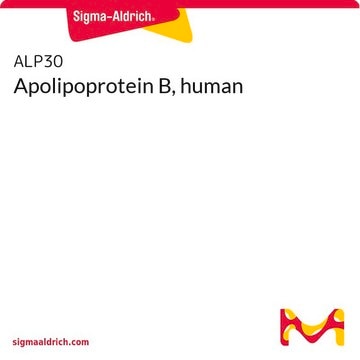


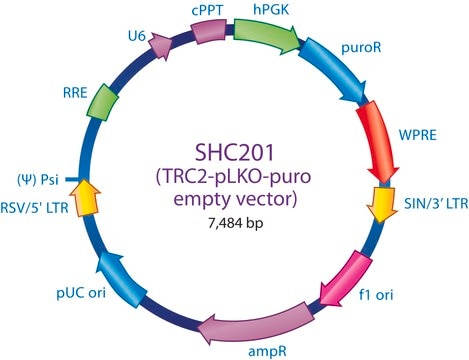
2 ≥95%](/deepweb/assets/sigmaaldrich/product/structures/238/198/d2398f4d-117e-4482-8d8b-80ae657f6ea1/640/d2398f4d-117e-4482-8d8b-80ae657f6ea1.png)